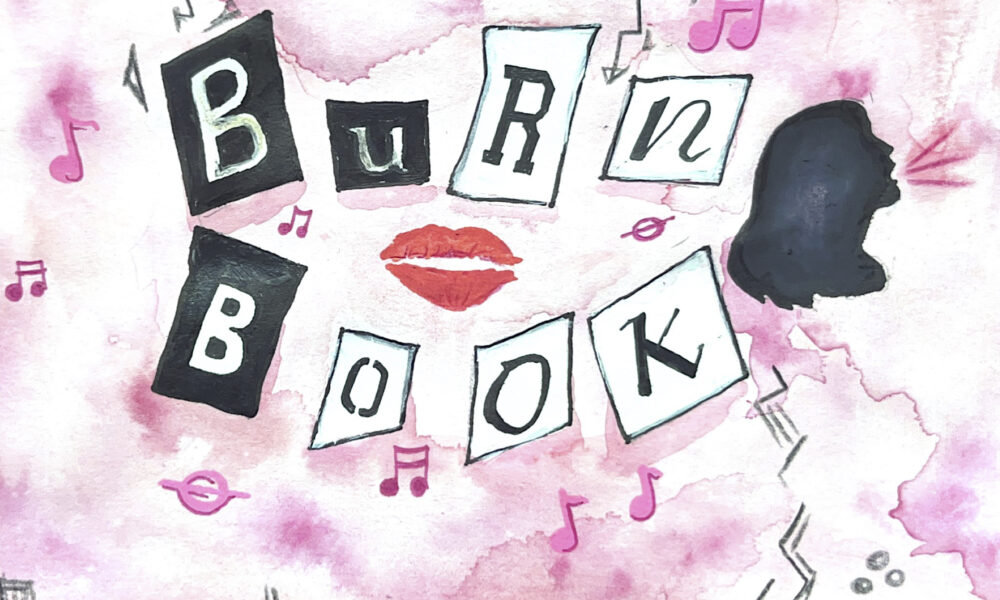Hollywood has a marketing problem, and if recent films like Anyone But You and Mean Girls are any indication, their box office success will prolong the trend of deceptive advertising. The official trailer for Anyone But You is incredibly misleading. Instead of showcasing the rom-com’s plot and overall premise, the trailer overly emphasizes the chemistry and tension between the leads, leaving the audience unsure of what to expect from the film. The trailer only focuses on interactions that accentuate the enemies-to-lovers trope without indicating why they hate one another or the circumstances that force them to be around each other. Hollywood marketing executives are overcorrecting, trying to completely move away from trailers that practically give out the film’s entire plot to something that doesn’t resemble a trailer but rather a compilation of teaser clips masquerading as one. They forget that these moments are meaningless and empty to the audience without context.
The biggest failure of this film’s marketing is simple: It never explicitly mentioned that it is an adaptation of Shakespeare’s comedy Much Ado About Nothing. I find this especially shocking since this is clear in the film itself and, in my opinion, is the movie’s biggest selling point. The legacy, longevity, and love of adaptations of dramatic and literary classics have shown the adoration for these allusive films. Despite its marketing shortcomings, I hope this brings back the trend of rom-coms adapting the classics, such as Clueless and 10 Things I Hate About You.
The new Mean Girls trailer also inadequately markets the film, but since most people are at least familiar with the original film, it is less critical to showcase its plot and characters, unlike Anyone But You. The new trailer failed to clarify that the movie is not a remake of Mean Girls (2004) but a screen adaptation of the Broadway musical, itself an adaptation of the original film. It leaves out important context regarding why this film is being released. Numerous viewers were unaware that the 2024 adaptation is a musical—leaving many confused as to whether or not it was a remake, even to the point of outrage. Some commented that this film will never live up to the original movie, which is not what this film is trying to do.
When asked why Paramount did not clearly market the film as a musical, Marc Weinstock, President of Global Marketing and Distribution, said people often treat musicals differently. An issue I have with this marketing approach, which tries to hide the movie’s form, is that people who dislike musicals really dislike them and are incredibly vocal about it. It seems counterintuitive to market a film to an audience you know will not like it in the first place. But with the success of Mean Girls and other recent movie musicals with similarly misleading marketing, such as Wonka and The Color Purple, it appears that movie executives prefer to deceive people attending a film rather than trying to find its proper audience. Regardless of the audience’s enjoyment, the production company will make money either way.
In spite of the marketing for Anyone But You, the film has managed to consistently perform well at the box office, largely due to word of mouth on social media. Many rom-coms adapted from literary classics, such as the director’s previous work, Easy A, don’t explicitly disclose to audiences that they are adaptations. This is probably because they want this to be a film that both knowing and unknowing audiences can enjoy.
Unfortunately, due to corporate greed, big studios will always prioritize having an unknowing consumer. They care more about getting as many people as possible to purchase tickets over the audience’s overall enjoyment of the film they paid to see.









